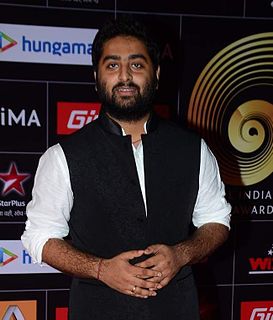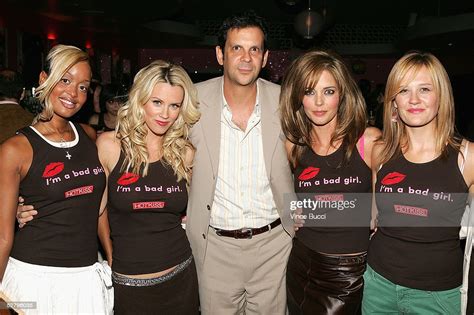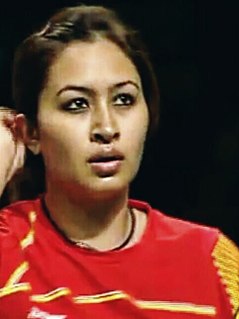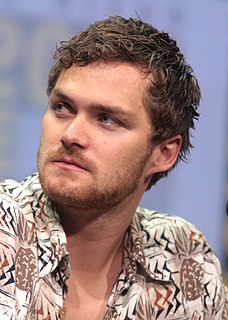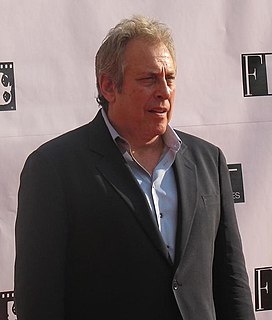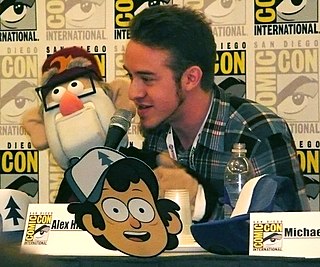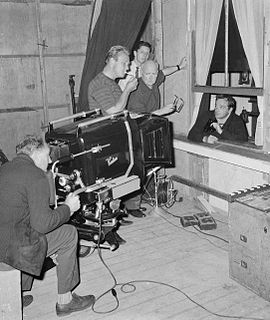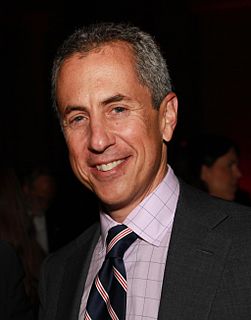A Quote by Arijit Singh
When I'm not singing, I'm a lot of persons: I'm a producer. I'm a badminton player. I'm a writer. I'm a movie freak. I'm a documentary maker.
Related Quotes
I think I'm an extremely conscientious producer and now equally as a director and it gives me the opportunity to look at the entire movie and really allow the movie to be the creative vision of the actors, the writer and myself, because I'm in charge of it from a producer and a director point of view.
The real scares on CNN, etc. and the scares in a movie, like 'The Purge,' are totally different. One of the ways you can tell when someone, whether it's a film maker or executive or producer, wants to make a scary movie but doesn't understand that distinction is they'll want to recreate too much of what's on TV.
Even in our business, as is the world, we are in the age of specialisation. You see a lot of names of producers on a movie. If you have the idea, if you oversee the development, if you oversee the production, if you help package the movie, you sell the movie - you can be a producer. There's not a lot of us who do the whole gamut.
To the documentary director the appearance of things and people is only superficial. It is the meaning behind the thing and the significance underlying the person that occupy his attention... Documentary approach to cinema differs from that of story-film not in its disregard for craftsman-ship, but in the purpose to which that craftsmanship is put. Documentary is a trade just as carpentry or pot-making. The pot-maker makes pots, and the documentarian documentaries.
